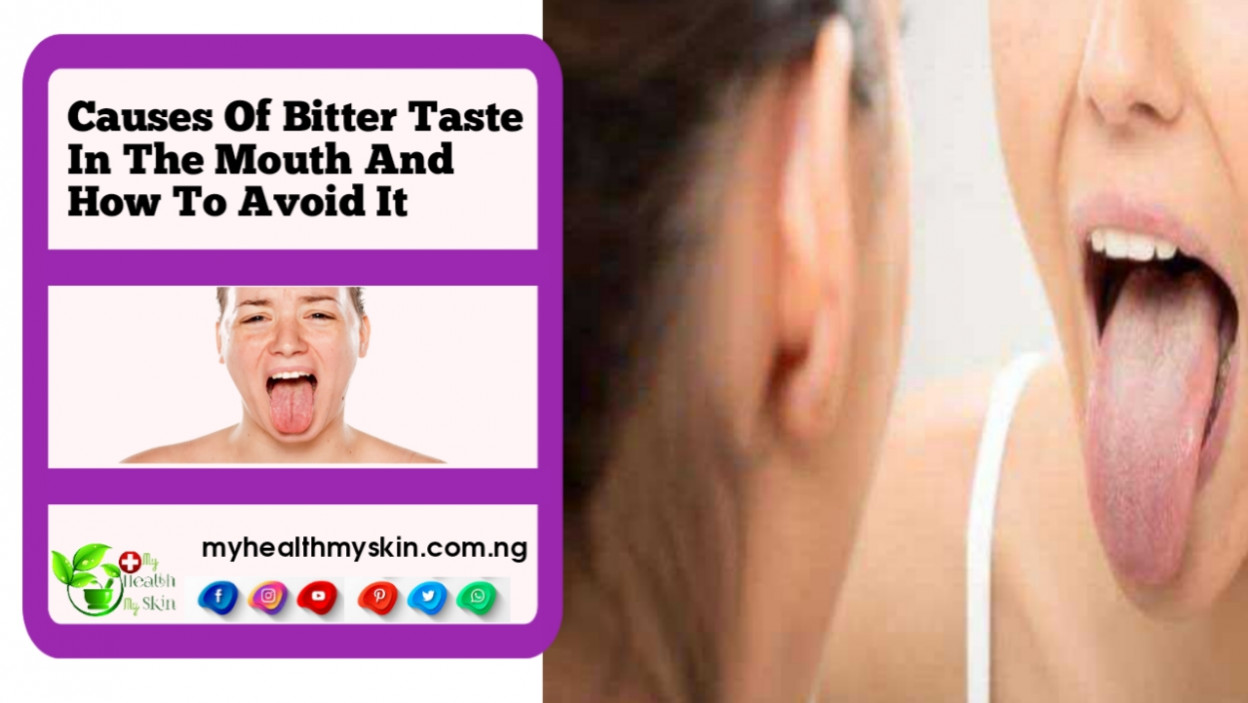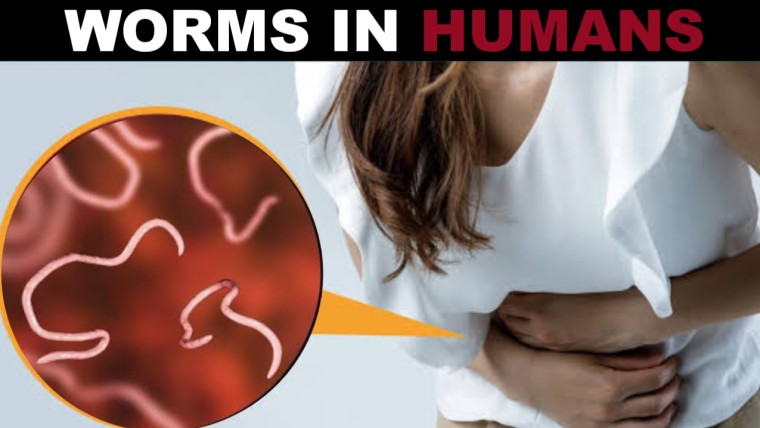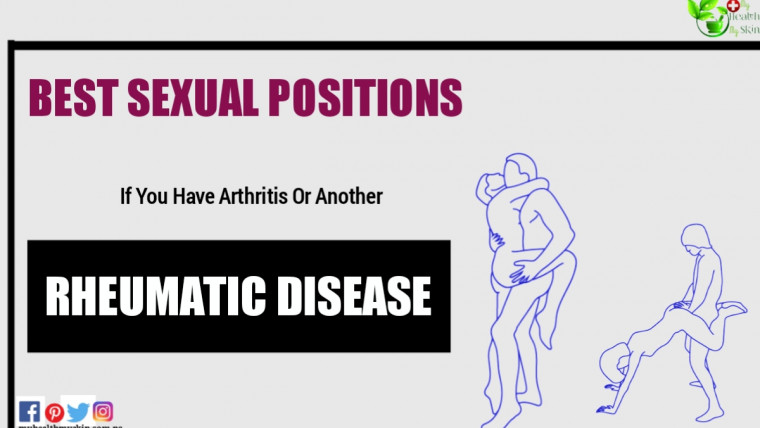Myhealthmyskin brings you an article about metallic taste in the mouth causes and how to avoid it today. We’ve all probably gone through this at some point and wondered what it could be. So read the full article to the end so you don’t miss a thing!
[lwptoc]
Metallic Taste In The Mouth Causes
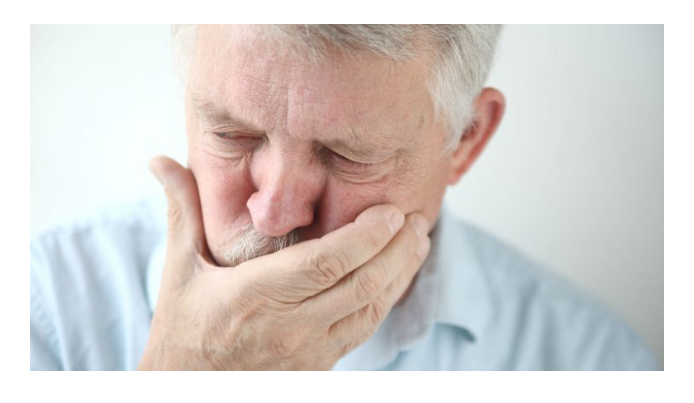
Bitter or metallic taste in the mouth can have several causes, ranging from simple problems, such as poor oral hygiene or the use of some medications, to more serious problems, such as a yeast infection or reflux, for example.
In addition, cigarette use can also give a bitter taste in the mouth, which lasts between a few minutes to a few hours. Typically, this type of taste change improves after eating other foods, drinking water, or brushing your teeth.
However, if the bitter taste persists for a long time or if it appears very often, it is recommended to consult a general practitioner or a gastroenterologist to identify if, there is any disease that may be causing the symptom and start the appropriate treatment.
1. Hepatitis, Fatty Liver Or Cirrhosis
When the liver is not working properly, the body starts to accumulate high amounts of ammonia, which is a toxic substance, which is normally turned into urea by the liver and eliminated in the urine. These increased levels of ammonia cause a taste change, similar to fish or onions.
The liver is responsible for transforming ammonia – a toxic substance – into urea, which will be eliminated in the urine.
What to do: Liver problems are usually accompanied by other symptoms such as nausea or excessive tiredness.
Therefore, if there is a suspicion of liver disease, a hepatologist should be consulted for blood tests to confirm the diagnosis, starting treatment if necessary.
2. Poor Oral Hygiene
This is the most common cause of a metallic taste in the mouth, especially when waking up and it happens due to the accumulation of saliva and bacteria on the tongue, teeth and gums, causing bad breath.
As we have seen, poor oral hygiene is the main responsible for the bitterness in the mouth.
When brushing and flossing are not up to date, bacteria are more present and resistant, proliferating more and more. They are the ones that leave both a smell and a more intense taste.
Gingivitis
Because it is an inflammation, gingivitis makes the mouth more sensitive and, when brushing your teeth and flossing, bleeding can occur. It is at this moment that the bitter taste can be felt. The longer the blood remains in place, the longer the sensation will last.
Tongue Coating
Tongue coating is a whitish layer that usually appears on the tongue. If it is not removed daily with the help of a scraper or brushing the area, the taste may appear.
Dry Mouth
Dryness of the area, also called xerostomia, occurs for two reasons: either due to low fluid intake or as a result of some diseases and their medications, such as gastrointestinal.
The taste tends to appear when the region remains without moisture for long periods.
What To Do: just brush your teeth and maintain a routine of at least 2 brushes a day, one after waking up and another before going to sleep, for example.
In addition, it is also very important to brush your tongue well because the accumulation of dead bacterial cells, also known as tongue coating, as mentioned just above, is the main cause of metallic taste in the mouth.
2. Use Of Antibiotics Or Antidepressants
There are some remedies that, when ingested, are absorbed by the body and released into the saliva, leading to a change in taste, leaving the mouth bitter.
Some examples are antibiotics such as tetracyclines, gout medicines such as allopurinol, lithium or drugs used to treat some heart conditions.
In addition, people who use antidepressants may also have a dry mouth more often, which changes the taste, as the taste buds are more closed.
It is also true that there are over 500 medications that can cause dry, bitter mouth, and using several of them at the same time can increase the severity of the problem. The types of medication that affect the salivary glands are as follows:
Antihistamines: This category of medication affects the production of saliva. Among them are: Benadryl, Claritin, Zyrtec, etc.
Antidepressants: People who take antidepressants also experience dry/bitter mouth problems.
This type of medication affects the production of saliva. Among them: Zoloft, Flexaryl and Elavil.
Anti-emetics: These are drugs prescribed to prevent vomiting and nausea in chemotherapy and radiation therapy and also used to treat motion sickness (eg Anzemet, Domperidone).
Antihypertensives: Antihypertensive medications (eg Aerosol Albuterol, Norvasc, Prinivil) are taken for blood pressure control.
Anti-Parkinson: Medications in this category are prescribed to relieve the symptoms of Parkinson’s disease and other forms of parkinsonism (eg Levodopa, Artane).
Antispasmodics: These medicines are used to treat and relieve cramping and spasms that occur in the stomach, small and large intestines and bladder (eg Dicyclomine).
Antipsychotics: Medications indicated for psychiatric disorders, anxiety and depression.
Sedatives: These are substances that reduce arousal, irritability or anxiety (eg Amytal, Valium, Lunesta).
If you are taking any of these medications, consult your doctor and dentist to learn how to control bitter mouth.
There are medications, both over-the-counter and over-the-counter, that can relieve dry mouth and throat. Your doctor or dentist will help you find relief from this chronic side effect.
What to do: usually the bitter taste disappears after a few minutes of taking this type of medication. However, if it is constant and uncomfortable, you can consult your doctor to evaluate the possibility of using another medication that does not cause these types of side effects.
3. Pregnancy
Dysgeusia, also known as a metallic taste in the mouth, is a very common symptom for many women during the first trimester of pregnancy. This happens due to hormonal changes that happen in the body, leaving the taste more refined.
Although it doesn’t happen to all pregnant women, dysgeusia (altered or reduced taste) is a problem that troubles some expectant mothers. Professionals believe that the possible culprits for this are hormones, very famous substances at this time in a woman’s life.
Some studies also point to an increase in taste buds during this period as a reason, which would cause a distortion of the flavor of the food and this more metallic taste in the mouth.
In this way, some pregnant women may report a taste similar to having a coin in their mouth or having drunk water from a glass made of metal, for example.
Some professionals still “blame” other habits typical of this phase of women to justify these changes in taste, such as the use of prenatal vitamins and hormonal pills, for example.
Exactly for these reasons, this oral problem is difficult to fight . Although it does not affect all pregnant women, it is a normal symptom that is a consequence of changes in the woman’s body, but which still cannot be avoided.
Baby Safe!
Despite being a passing symptom and not harmful to the baby’s health, these symptoms can be very annoying and disturb this beautiful phase of women.
When the problem is accompanied by bad breath (due to lack of saliva), excessive salivation and difficulty in eating, since the patient cannot feel the real taste of things, the situation can become something bigger.
Therefore, it is essential that pregnant women seek, in addition to the gynecologist/obstetrician, a dentist so that they know how to deal with all the obstacles of this period, including the oral ones, which, as we have seen, can be more annoying than one imagines.
What to do: A great way to eliminate the bitter taste in your mouth is to drink lemonade or suck on a lemon popsicle. Usually, this change only lasts a few days, disappearing naturally. Although it cannot be avoided, dysgeusia can be alleviated.
Maintaining frequent and efficient oral hygiene is the best way to minimize the symptom, never forgetting the use of dental floss.
And maintaining habits that encourage the production of saliva, such as chewing gum and sucking candies (sugar-free), also helps in cleaning the mouth and eliminating the bad taste in the mouth.
The specialist also recommends gargling with specific solutions indicated by the professional, eating or drinking citrus fruit juices (which have a very acidic taste that neutralizes the bitter taste in the mouth) and drinking plenty of water to leave the environment hydrated and clean.
4. Use Of Vitamin Supplements
Some vitamin supplements that contain high amounts of metallic substances, such as zinc, copper, iron or chromium, can lead to a metallic and bitter taste in the mouth.
This side effect is very common and usually appears when the supplement is completely absorbed by the body.
According to study, vitamin supplements that contain B vitamins in their composition can cause halitosis. Eventually these supplements can cause bad breath as soon as the person takes the substance, but after a while, the smell disappears.
Thermogenic Supplements
The use of thermogenic supplements (which increase body temperature) are also strong allies of bitter taste in the mouth and bad breath.
This is because, to rebalance the temperature altered by this substance, the body increases the production of sweat.
Excessive sweat causes the athlete to lose a lot of minerals and water, which can cause dehydration.
One of the symptoms of dehydration is dry mouth, which causes flaking of the cells of the lining of the mouth.
When deposited on the tongue, they cause tongue coating (white layer that sticks to the surface of the tongue) that causes bad breath.
In addition, wrong breathing (through the mouth) during exercises can also dry it out and cause halitosis. In this case, the ideal is to lubricate the mouth.
There are several lubricants on the market that have the same active principles as chlorine dioxide (in a gel or rinse) that acts against halitosis.
5. Gastroesophageal Reflux
Reflux happens when stomach contents reach the esophagus, after digestion begins, carrying acid to the mouth, which leaves the mouth with a bitter taste and even a bad smell.
It is common for acidic stomach contents to return into the esophagus. Upon reaching the oral cavity, the bitter taste can be felt.
What to do: you should avoid eating very fatty or difficult to digest foods, as they increase the production of acid by the stomach.
In addition, it is also important to avoid bulky meals, as they make it difficult for the stomach to close. Here are other tips on how to take care of reflux:
6. Hepatitis, Fatty Liver Or Cirrhosis
When the liver is not working properly, the body starts to accumulate high amounts of ammonia, which is a toxic substance, which is normally turned into urea by the liver and eliminated in the urine.
These increased levels of ammonia cause a taste change, similar to fish or onions.
The liver is responsible for transforming ammonia – a toxic substance – into urea, which will be eliminated in the urine.
What to do: Liver problems are usually accompanied by other symptoms such as nausea or excessive tiredness.
Therefore, if there is a suspicion of liver disease, a hepatologist should be consulted for blood tests to confirm the diagnosis, starting treatment if necessary.
7. Cold, Sinusitis And Other Infections
Upper respiratory tract infections such as colds, rhinitis, sinusitis or tonsillitis, for example, can cause the appearance of a bitter taste in the mouth , due to the substances produced by the bacteria of this type of infections.
Sinusitis, rhinitis and other infections of the upper respiratory system can leave the taste buds bitter.
This is due to the action of bacteria present in the secretions expelled during the infectious process of these diseases.
What to do: in these cases it is important to drink at least 2 liters of water a day, as it helps to relieve the bitter taste and facilitate recovery.
However, it is important to consult a general practitioner to identify the specific cause and initiate appropriate treatment.
8. Diabetic Ketoacidosis
Ketoacidosis is a consequence of diabetes, in which due to the large amount of glucose in the blood and little inside the cells, there is a greater production of ketone bodies in an attempt to provide enough energy for the proper functioning of the body.
Due to the greater amount of ketone bodies circulating in the blood, there is a decrease in blood pH, which can be perceived through the emergence of some signs and symptoms such as bitter mouth, intense thirst, bad breath, dry mouth and mental confusion.
Diabetic ketoacidosis is a serious, potentially fatal acute complication, since the disease creates unfavorable conditions for the body to carry out chemical processes.
What to do: it is important that the blood glucose of the diabetic person is measured regularly and, if it is found that the amount of glucose is 3 times higher than normal, it is extremely important to go immediately to the emergency room or hospital, as it is indicative of ketoacidosis.
In the hospital, the person is monitored and insulin and saline are given directly into the vein to keep the person hydrated and lower the amount of glucose in the blood.
You May Also Like:
- Daily Yoga: What It Is, What Benefits And How To Do It
- Why Do I Experience Metallic Taste In Cough? Check All Details Here!
- Calculus Bridge: Causes, Side Effects, Removal & Prevention
- Thrombosis – Causes, Types And Treatment
- Hydrophilic Cotton – Understand Everything About It!
- Lymph Bubble on Nipple Piercing: Check All Details Here!
According to the Ministry of Health, oral hygiene by brushing + dental floss is important at least twice a day, particularly and longer at night, as well as constant monitoring so that there is no tooth loss and gingival bleeding.
How To Avoid Having A Bitter Mouth?

If you often have a bitter mouth, you need to pay a visit to the dentist to see if the causes of the problem are related to your oral health.
If the bitter mouth is related to gastric or liver problems, the dentist will recommend a medical check-up.
Some simple measures to change habits can avoid or alleviate the problem most of the time. See what they are:
- Perform oral hygiene correctly, always remembering to brush your teeth and tongue at least twice a day;
- Use a tongue scraper whenever necessary;
- Avoid heavy and fatty foods, especially just before bedtime, to avoid gastric reflux;
- Evaluate with your doctor the possibility of replacing or adjusting the dose of medications and vitamin supplements that make your mouth bitter;
- Drink at least two liters of water a day to maintain good salivation;
- Increase hydration in cases of colds and other respiratory illnesses to help clear secretions from these infections;
- Drink lemonade or suck on a lemon popsicle if you are pregnant and have a bitter mouth — the symptom tends to disappear in a few days without complications.
As we said, in most cases, bitter mouth is caused by the accumulation of bacteria.
If you want to read more articles similar to 8 Causes Of Bitter (Metallic) Taste In The Mouth And How To Avoid, we recommend you visit our Physical & Mental Health category. Share on your social networks and stay tuned for upcoming articles.
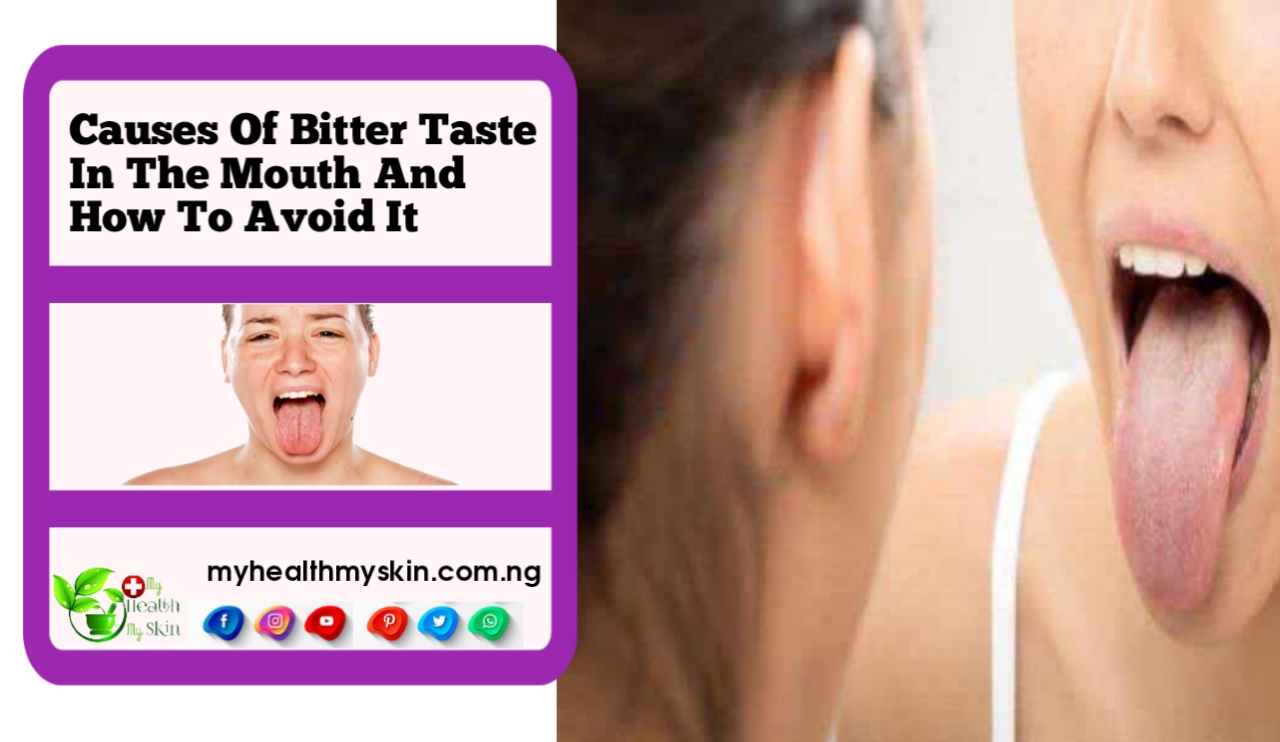
If You Still Have Any Questions About Bitter Or Metallic Taste Or Would Like To Share Any Cool Tips With Us, Leave Them In The Comments Box And We Will Be Happy To Interact With You!

